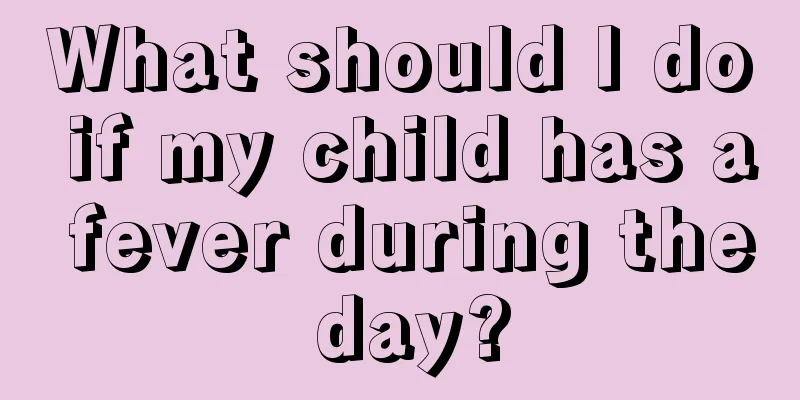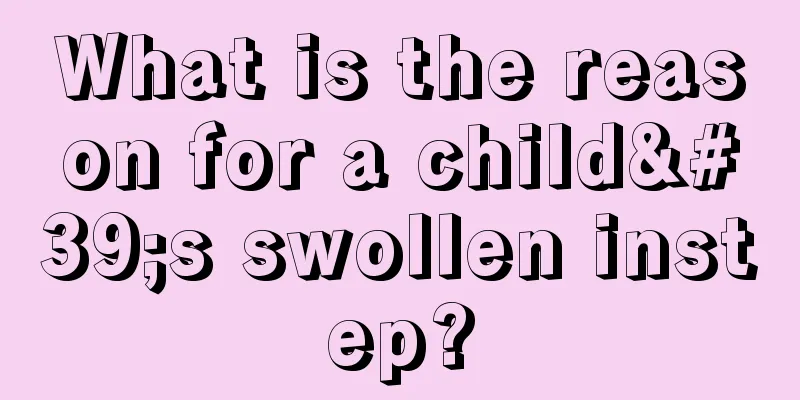Pericardial effusion in children

|
Pericardial effusion in children is a relatively common disease with a wide range of causes. Although there are no symptoms, inflammation will cause the child to feel very uncomfortable, especially for many children who are young and cannot express themselves reasonably. Parents will always misunderstand the true type of their children's illness, which ultimately leads to the delay of the best treatment due to the lack of active treatment. The child's condition can be observed through some minor symptoms. What are the clinical manifestations of pericardial effusion in children? The clinical manifestations of pericardial effusion in children are closely related to the amount of pericardial effusion and the primary disease. If the amount of fluid accumulation is very small, there may be no symptoms. In addition, this situation may be caused by inflammation, and the symptoms mainly manifest as symptoms of inflammatory infection. If the amount of pericardial effusion is relatively large, especially if a large amount of pericardial effusion causes pericardial tamponade, it will manifest as severe chest tightness and shortness of breath. In more serious cases, the heart rate may increase, blood pressure may drop, irritability may occur, and even unconsciousness and confusion may occur. In the case of pericardial effusion in children, we must actively look for the cause. Most of the time, it may be caused by viral myocarditis, and regular anti-inflammatory, antiviral, myocardial nutrition, and metabolic improvement treatments are necessary. If there is a large amount of pericardial effusion and symptoms of cardiac tamponade occur, pericardiocentesis and drainage are needed to relieve the situation. At the same time, attention should be paid to proper fluid replacement to increase circulating blood volume and raise blood pressure. In addition, attention should be paid to strengthening nutrition. 1. Look at the mental state of the child: such children often show poor spirits and are not active. Or it may manifest as irritability. 2 Check the digestive tract condition: poor appetite, abdominal distension, and even nausea and vomiting may occur. An inexperienced primary care doctor diagnosed the child as having gastroenteritis and gave him intravenous treatment, which would aggravate the child's condition. 3 Check the condition of the limbs: the hands and feet may be cold, and in severe cases the lips may be bluer than usual. 4 Look at the urine volume: it may manifest as a decrease in urine volume. 5. Look at the heart rate: it manifests as a faster heartbeat. 6 There may be a slight increase in body moisture. The definitive diagnosis is made by cardiac ultrasound. Although the diagnosis of congenital heart disease requires high skills from ultrasound doctors, the diagnosis of pericardial effusion is relatively easy. The main harm of pericardial effusion is the compression of the heart by the effusion. The heart is an organ that is very afraid of being squeezed. A heart in a squeezed state will have damaged heart function and may be prone to sudden cardiac arrest. A small amount of pericardial effusion can be treated with medication to promote its absorption. A large amount of effusion requires timely drainage of the pericardial effusion. Although some hospitals will adopt the method of puncture and aspiration, Fuwai Hospital has always advocated re-placement of drainage through the lower end of the original surgical incision. |
<<: Can children's true myopia be cured?
>>: At what age does the baby's resistance become strong?
Recommend
Why does my baby poop green after eating milk powder?
For babies, breast milk is the most natural and n...
What causes children to sweat after falling asleep?
Children always sweat after falling asleep. For t...
How to make pumpkin porridge for children?
Pumpkin is a common food in our daily life. Since...
Treatment of balanitis in children
We may have seen many children suffering from bal...
What should I do if my baby has a cold and stuffy nose?
The younger the baby is, the less sound his immun...
What should I pay attention to when my baby coughs in summer?
In the summer, some babies will suddenly start co...
How to detect the intelligence of newborns
For newborns, parents are most concerned about he...
Treatment of long-term anemia in babies
If a child has a disease that keeps recurring, it...
What should I do if my 4-year-old baby drools?
The child has been sweating since he was young, a...
Why do children always have fever at night?
When a child has a fever, the adults are the ones...
Is it okay to bathe a five-month-old baby frequently?
When the baby is five months old, he is already q...
What is the cause of anal prolapse in children?
The physical health of children is one of the thi...
What are the precautions for children's health care
Children must pay attention to their physical dev...
What is the cause of white floccules in baby's stool?
To put it bluntly, defecation is as essential as ...
How to take care of a baby with a runny nose and persistent cough?
Every mother with a child may encounter the pheno...









